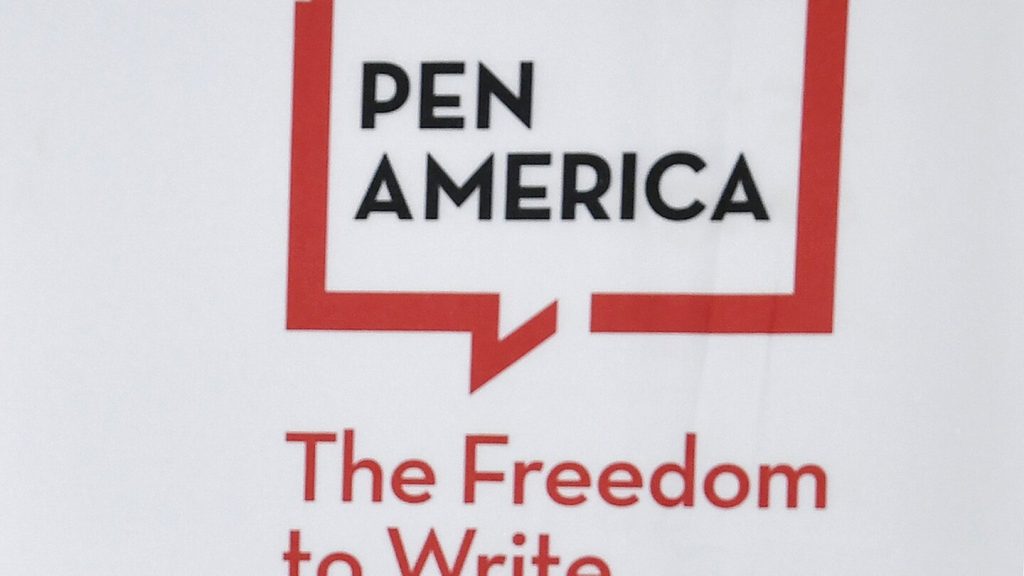Several authors have declined awards and award nominations from PEN America due to their unhappiness with the organization’s stance on the war in Gaza. Among those who have asked for their names to be removed from the long list of nominees are Camonghne Felix, Eugenia Leigh, and Ghassan Zeineddine. The awards, ranging from the Jean Stein Award for best book to the PEN/Hemingway award for first novel, are set to be presented at a ceremony in Manhattan on April 29. A total of nine out of 60 nominated authors have requested to be withdrawn from consideration, including Esther Allen, who declined the PEN/Ralph Manheim Award for translation.
PEN’s response to Israel’s invasion of Gaza following an attack by Hamas has sparked criticism from writers who believe the organization has failed to fully condemn the war. An open letter signed by Naomi Klein, Lorrie Moore, and many others stated that PEN had not shown substantial support for Palestinians and had not upheld its mission to promote peace and equality. The letter criticized PEN for not standing firmly with Palestinian writers, scholars, and journalists who have faced oppression and displacement for many years. Despite PEN’s efforts to call for a ceasefire and provide aid to Palestinian writers, some authors remain unsatisfied with the organization’s response.
The criticisms of PEN come ahead of the organization’s high-profile spring events, including the PEN literary awards and a fundraising gala at the American Museum of Natural History. While some authors have chosen to boycott events such as the “World Voices” festival, others continue to participate and receive awards. Playwright-screenwriter Tony Kushner, who has been critical of Israel’s actions in Gaza, was announced as this year’s recipient of the PEN/Mike Nichols Writing for Performance Award. Kushner, who is Jewish, has spoken out against Israel’s treatment of the Palestinians, stating that the history of Jewish suffering should not be used as an excuse for dehumanizing or slaughtering others.
The tensions surrounding the Gaza war have extended into the arts community, with disputes over speeches and statements made by artists regarding the conflict. While some Jewish Hollywood figures condemned filmmaker Jonathan Glazer’s Oscar acceptance speech and accused him of drawing a false moral equivalence, others, like Tony Kushner, have defended voices speaking out against dehumanization. Aaliyah Bilal, a PEN/Jean Stein finalist, plans to attend the awards ceremony despite the controversy, stating that she respects the decisions of those who have withdrawn but remains at odds with the central leadership of PEN America. The debate over PEN’s stance on the war in Gaza continues to highlight the complexities of navigating political issues within the literary community.















